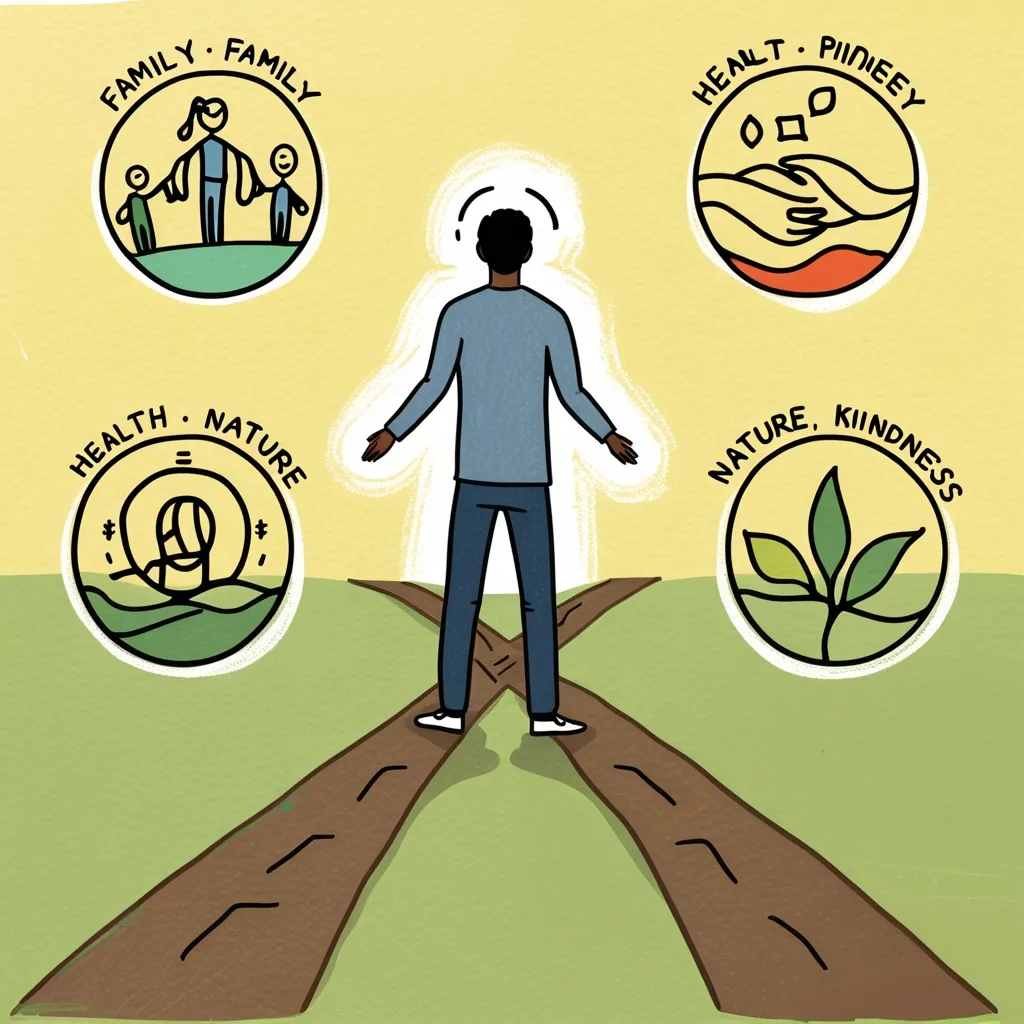In today’s hustle and bustle, multitasking often feels like a necessity. We’re all guilty of trying to do two, three, or even four things at once, thinking it will make us more efficient. But guess what? Multitasking might be sabotaging, not saving, our time.
The Myth Buster: Multitasking
Let’s debunk the myth right away. Multitasking isn’t what we think it is. Our brains aren’t really wired to handle multiple tasks simultaneously. Instead, they’re just switching back and forth between tasks. This kind of rapid toggling doesn’t come free—it actually taxes our brain quite severely.
Picture cooking dinner while banging out a report and scrolling through emails. Sounds familiar, right? But here’s the kicker: every time you switch from one task to another, your brain needs a moment to catch up. These moments, known as “switching costs,” can cause a drop in mental efficiency, anywhere from 5-15%. Yikes!
The Productivity Killer
Now, if you think you’re being super productive by multitasking, unfortunately, you’re in for a shock. Studies show that frequent task switching can actually lead to a whopping 40% drop in productivity. Imagine working on an intricate project and getting interrupted by an email ping; it can take up to 25 minutes to regain your previous level of focus. That’s a lot of time wasted on seemingly tiny interruptions!
Brain Drain
But wait, there’s more. The impact on brain health is no joke. Multitasking makes our brains work harder and less efficiently. This can lead to mental fatigue, making it harder to concentrate and retain information. Long-term, chronic multitasking has even been linked to lower gray matter density in parts of the brain. This can spell trouble for cognitive functions and increase the risk of mental health problems.
Stress Magnet
Multitasking doesn’t just mess with our brains; it also shackles us with stress. Juggling tasks raises our stress levels, bumps up our blood pressure, and sets our hearts racing. Prolonged periods of such strain can lead to serious health issues like cerebrovascular disease and cognitive impairment. Plus, multitasking is often associated with symptoms of depression and anxiety, further compromising our well-being.
Ditching the Multitask Habit
Alright, so multitasking is a no-go. But how do we train ourselves to focus on one thing at a time? Here are some handy strategies:
Focusing on lone tasks is key. Set aside dedicated chunks of time for each task. A popular approach is the Pomodoro Technique, where you work for about 20 minutes and then take a short break. Repeat the cycle, and you’ll notice a boost in efficiency.
Schedule Smart
Planning your day can work wonders. Instead of checking emails constantly, allocate specific time slots for it. This way, you stay immersed in your main tasks without getting sidetracked by notifications.
Curate Your Environment
Limiting distractions is crucial. Turn off those pesky email alerts and phone notifications when working. Choose a quiet space to work, free from constant interruptions. Even physical clutter can be a distraction; a tidy workspace can significantly help maintain focus.
Mindfulness Matters
Practicing mindfulness can help. By staying aware of what you’re doing at any given moment, you’re better equipped to catch yourself multitasking and redirect your attention to one task at a time.
Block That Time
Use time-blocking techniques to allocate specific slots for different tasks. By dedicating uninterrupted periods to crucial tasks, you can improve your concentration and get more done.
Keep Your Brain Happy
Alongside managing multitasking tendencies, maintaining a healthy lifestyle can boost brain health. Regular exercise—about 150 minutes of cardiovascular and strength training weekly—is fantastic for cognitive function. Engage in mentally stimulating activities like puzzles or hobbies, stay socially connected, and follow a balanced diet, such as the Mediterranean diet, to keep your brain firing on all cylinders.
The Sweet Spot: Focused Work
When you hone in on a single task, both productivity and well-being get a lift. Avoiding the constant shuffle between tasks reduces mental fatigue and stress. Plus, you’re likely to complete tasks more efficiently and accurately, leading to better outcomes in your personal and professional life.
In a nutshell, while multitasking seems like a magic trick to get more done, it’s actually counterproductive. By focusing on one task at a time and minimizing distractions, you are far more likely to see improved results and maintain a healthier brain. So next time you feel the urge to multitask, remember that mastering the art of single-tasking is the true path to productivity and well-being.






